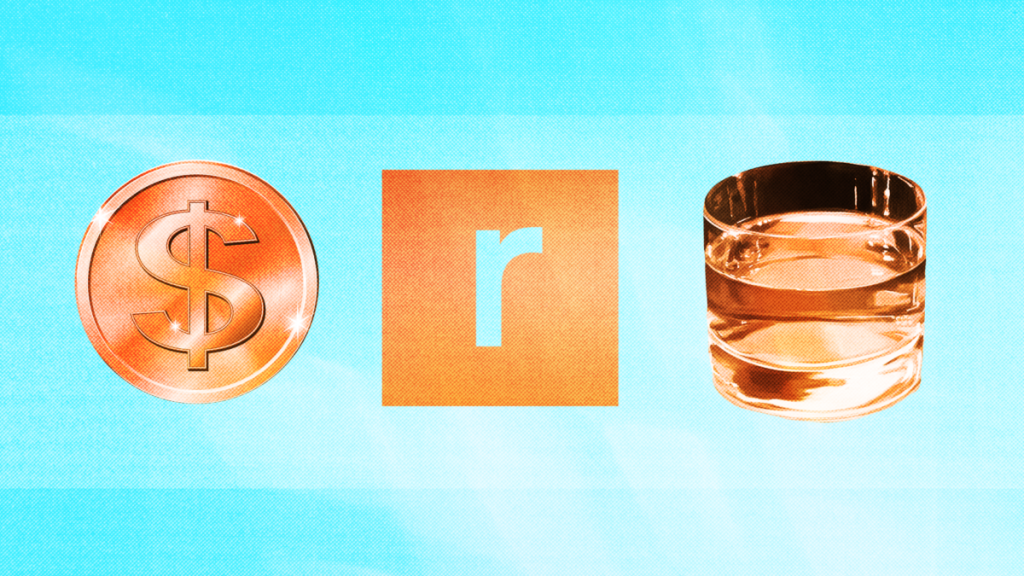
In the years before Prohibition, antialcohol activists made two sweeping arguments for making liquor sales illegal. First, doing so was necessary to uphold public morals. Second, alcohol bans were necessary for public health.
Sound familiar?
From pandemic lockdowns to vaping bans to transparently silly soda size limits, so much of American politics today can be understood as a long-tail outgrowth of the Prohibitionist movement, a joint project of self-certain moralists and public health nannies who believe that the surest way to improve the character and vitality of a nation is by telling other people what to do—or not do.
And in far too many cases, “telling other people what to do or not do” turns out to mean “legally restricting them from doing it.” In the prohibitionist mindset, that’s a distinction without a difference.
Here at Reason, we oppose prohibition in all its forms. Not only because we support individual choice in just about everything—though we do—but because legal prohibitions turn out to be inefficient, ineffective, or even flat-out counterproductive, with unintended consequences that make the world worse for everyone.
When you donate to Reason, you help us stand athwart prohibitionist movements, yelling, “Hey! That was demonstrably stupid! We have the evidence to prove it! Please, please, please, don’t do that again!”
Something else happens when you donate to Reason right now:Your donations will be matched!
We’re still working on that generous matching grant from Reason Foundation Chair Gerry Ohrstrom. It’s like ordering a double shot and getting it for the price of one.
Prohibition gave rise to violent gangs, corrupt public officials, and black market control of the liquor industry.
It also had less obvious consequences, like reducing patent innovation, since closing saloons made it more difficult for thinkers, scientists, inventors, and entrepreneurs to gather and share ideas.
Even seemingly modest restrictions had unintended consequences: When a New York state law restricted certain alcohol sales to hotel bars in the name of public morality, saloons rushed to turn old storage spaces into hastily renovated “hotel rooms.” To pay for the conversions, many of those rooms were used as brothels—not exactly what the restrictionists were hoping for.
Today’s alcohol prohibitionists are less likely to try to ban alcohol. But they do want to increase taxes on liquor and require more onerous paperwork for brewers and distillers.
Beyond spirits, the nanny state is always on the hunt for enjoyable activities and tasty treats to regulate and restrict, from restaurant drive-thrus to home kitchens to cherries. Yes, cherries, which the federal nudgeniks at the Food and Drug Administration (FDA) have deemed unhealthy.
Why in the world is the federal government worried about the health effects of cherries? Because nannies and neo-prohibitionists are always looking for a new target.
Don’t tell anyone in authority, but sometimes I like to combine cherries with alcohol. A sweet brandied cherry in a Manhattan? Perfection—no matter what the FDA says.
Your donations help Reason keep the neo-prohibitionists at bay. Give us your money so we can all keep drinking booze with cherries!
The good news is that, in at least some ways, the tide is turning. Over the past 15 years, marijuana legalization proponents have won the argument, and changed the laws, in states across the country, with Nebraska becoming the latest. Psychedelics are becoming mainstream, and some states have moved toward legalization. Even raw milk is having a moment.
But there are still more battles to be won—in the arena of public opinion and at the voting booth. Drugs won’t legalize themselves.
Support Reason to keep up the fight against the forces of prohibition. We can’t let the nanny state win. Take advantage of that incredible matching grant! Click here to donate now!
The post Donate to <i>Reason</i> To Keep the New Prohibitionists at Bay appeared first on Reason.com.







